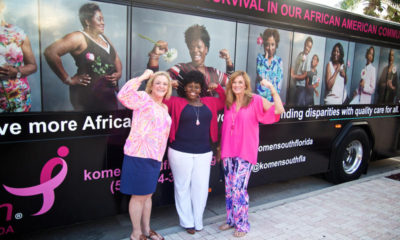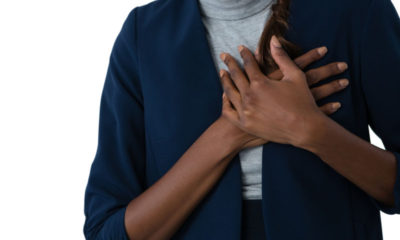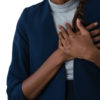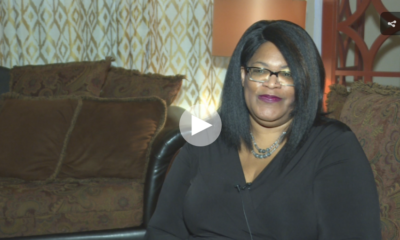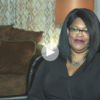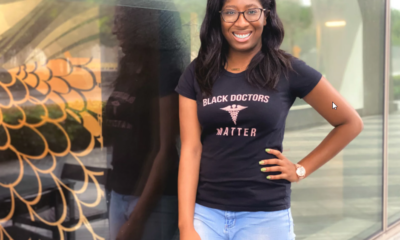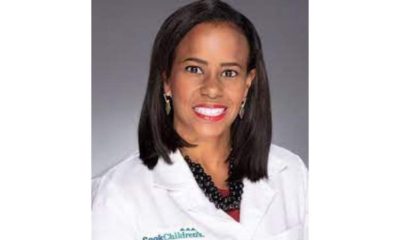Beauty and Health
Breast Cancer Awareness: What It Means For African-American Women
October is Breast Cancer Awareness Month and the overarching mission is powerful ― help increase awareness about the importance of early detection, raise funds for research and provide support to those affected by the disease.
Breast cancer is the second most common kind of cancer among women in the U.S. Unfortunately, there are racial disparities that result in a higher mortality rate. While breast cancer incidence is lower among African American women than white women, the mortality rate is 42 percent higher. It is widely thought that the higher mortality rate among African American women is a result of a lack of comprehensive care, including preventive screenings. Here’s a look at a few probable factors behind this disconcerting trend, along with steps you can take to reduce your risk:
- Screening can be costly and time consuming. Three out of every ten women – regardless of race – do not get regular mammograms. Low income levels, lack of access to a convenient mammography center, the absence of a regular health insurance provider, lack of child care and the inability to leave work all contribute to missed breast cancer screenings, which are really missed life-saving opportunities to detect early stage cancer. If you’ve skipped screenings because you don’t have the time or money, see a nurse practitioner and discuss ways to make screening more accessible. In the meantime, keep up with your self-exams at home and remember that 40 percent of diagnosed breast cancer is detected by women who discover a lump on their own.
- Mammograms are important, but so is the follow-up. The good news is African American women are more diligent than ever about getting their mammograms. In fact, nearly 70 percent over the age of 40 have had a mammogram in the last two years. The bad news is African American women are less inclined to follow up after a mammogram, even if they receive abnormal results, and this can lead to a worse prognosis. If you checked the mammogram box but didn’t meet with a provider to discuss findings and next steps, your work is not done. See your nurse practitioner to develop a plan for early detection.
- Obesity affects your risk of breast cancer. Excess weight increases the risk of breast cancer, and African American women are 60 percent more likely to be overweight compared to other groups in the U.S. The American Cancer Society …
Please read original article- Breast Cancer Awareness: What It Means For African-American Women




